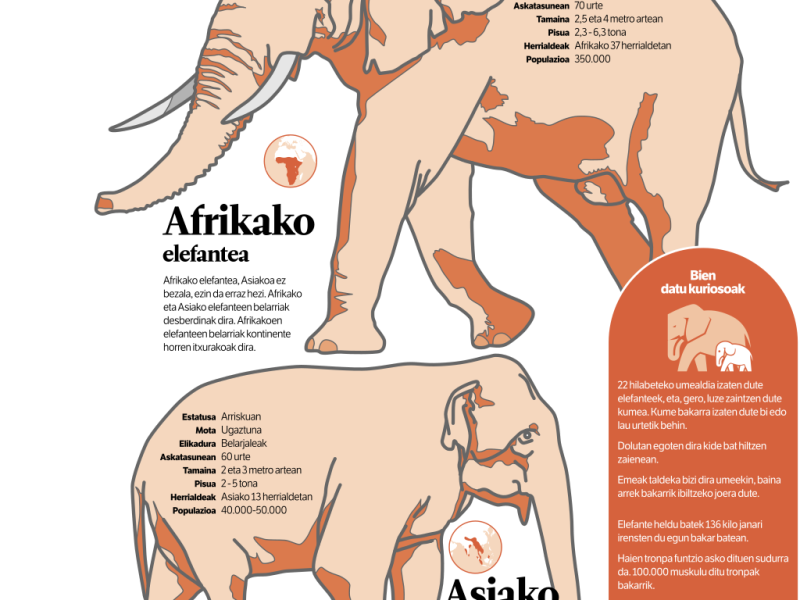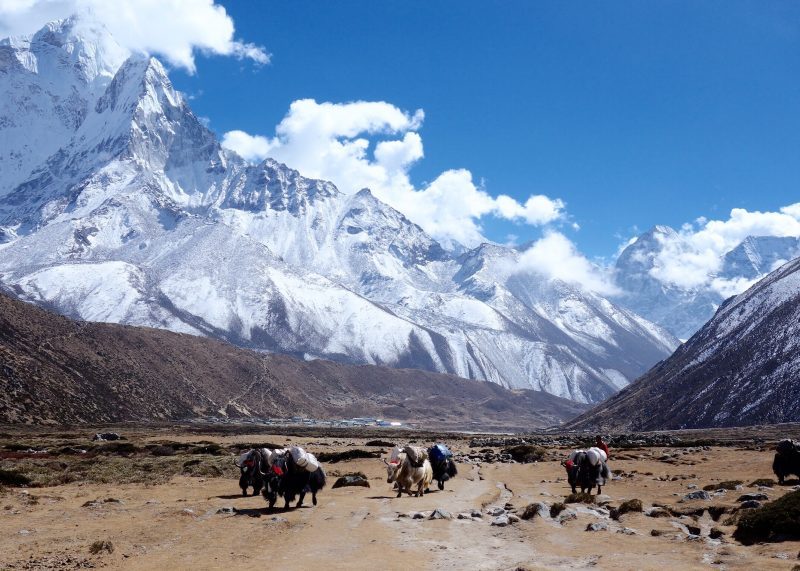
Wikimedia Foundation v. NSA: Court rules for government on evidentiary issue
It has been some time since we last provided an update on Wikimedia Foundation v. NSA, our legal challenge to the United States National Security Agency’s “Upstream” mass surveillance practices. As you may recall, after we brought the suit in 2015, the government argued that the Foundation’s claims weren’t “plausible” because the NSA hadn’t admitted….

You don’t need to pay for a Wikipedia article
The benefits of having a Wikipedia article about yourself or your business seem obvious—they rank highly in search engine results, and having one can make your online presence more “professional”. However, Wikipedia works in a very different way than the rest of the internet. An article is by no means guaranteed; it can seem really….

Newspaper partnership results in thousands of freely licensed infographics
This year, the Basque Wikimedians User Group carried out an ambitious education project that aimed to improve a series of essential articles for high school students, in collaboration with university professors and lecturers. The project was accomplished with financial support from the Basque government’s Department of Culture, who additionally stipulated that a portion of the sum would be put….

The insights series: Liang-Chih Shang Kuan
Over the last few years, the annual Wikimedia Conference has seen many more individuals in emerging communities. This year, Wikimedians from 79 countries, representing nearly one hundred movement affiliates, contributed to the event’s cultural, regional, and language diversity. Community member Rupika Sharma interviewed several of these attendees to get their thoughts on the Wikimedia movement, their own communities,….

How many Wikipedia references are available to read? We measured the proportion of open access sources across languages and topics.
Let’s say you’re planning a trip to a subtropical region and you want to learn about available vaccines for yellow fever. You look up the English Wikipedia article. You’re lucky to find a well-sourced section, with a wealth of references, many of them pointing to information from public health agencies and reputable news articles. Great!….

How impactful are our grants? We’re investigating.
For almost a decade, the Wikimedia Foundation’s Community Resources team has been funding people and organizations pursuing our vision: Imagine a world in which every single human being can freely share in the sum of all knowledge. In the last five years alone, we’ve given out over 35 million US dollars across almost 80 countries. Our efforts….

Understanding workflows of Wikimedia editors
Wikipedia exists because of a vast army of people who work alone and in concert. The amazing work of these volunteer editors in making Wikipedia is a complex world of interactions, processes, and activities. They range across the whole work of donating content, including editing, fixing things, adding media, and many other ways. Collectively, these….

Wikimedia to Senate: Don’t weaken the public domain
In an attempt to harmonize copyrights for the use of sound recordings created before 1972, the U.S. Senate is currently poised to pass a bill which could endanger the preservation and sharing of historical sound recordings online. The Music Modernization Act (MMA), which was passed in the House of Representatives in April and recently received….

EventStreams updates: You can now find new events, composite streams, and historical timestamp subscription
Last year, we released the EventStreams service. This service allows anyone to subscribe to recent changes to Wikimedia data. At the time, we only had one stream of data available: RecentChanges. RecentChanges is a stream of Wikimedia change events (e.g. recent edits to pages in Japanese Wikipedia). External developers can consume this stream to create tools or….

The anatomy of search: A token of my affection
A galloping overview To start, let’s get a bird’s-eye view of the parts of the search process: text comes in and gets processed and stored in a database (called an index); a user submits a query; documents that match the query are retrieved from the index, ranked based on how well they match the query,….